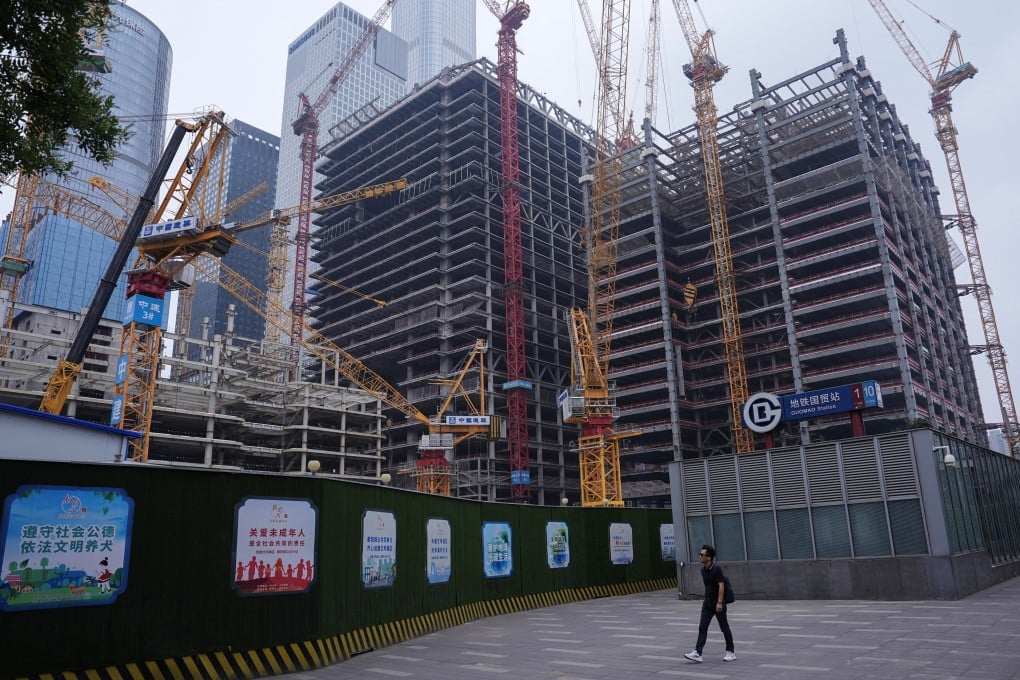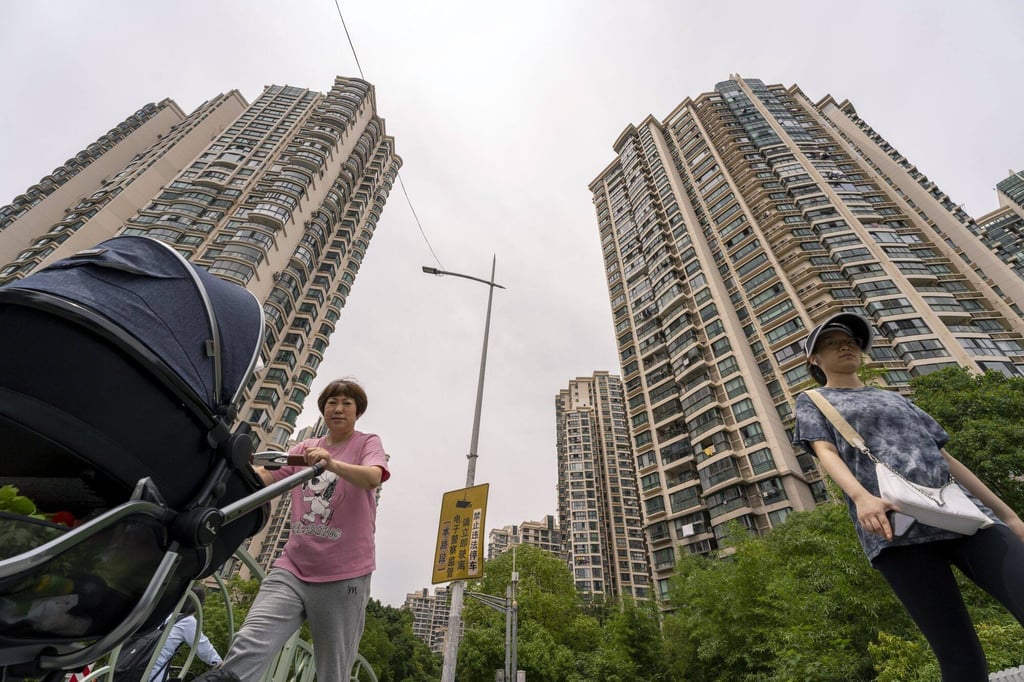China’s June home prices dip for the 13th month, adding weight to stalling economic growth
- The aggregate price of new homes in 70 cities fell by 0.7 per cent in June from a month earlier, according to the National Bureau of Statistics

The aggregate price of new homes across 70 cities on the mainland fell by 0.7 per cent in June from a month earlier, declining at a slightly slower rate than the 0.71 per cent drop reported in May, according to data published by the National Bureau of Statistics. June’s prices of lived-in homes dropped 0.9 per cent from a month earlier, at a slower pace than May’s 1 per cent, the data showed.
The slump in the world’s largest property market dragged on China’s economic growth, which expanded at a slower-than-expected rate of 4.7 per cent in the second quarter. The property sector and related industries such as home appliances and construction materials account for about a quarter of China’s economic output.
“The property market remains front and centre” of lingering concerns about the health of China’s domestic economy, said Harry Murphy Cruise, the economist at Moody’s Analytics. “Investment continues to retreat and prices are falling sharply.”

The stubborn slump in prices is proof that the slew of stimuli and policies unveiled since last year had failed to attract property buyers or move the needle in the market. Many Chinese developers are on the brink of bankruptcy, with an unprecedented 20 million pre-sold homes that they must finish building at an estimated cost of about 3.2 trillion yuan (US$440.7 billion), according to Nomura’s research.
